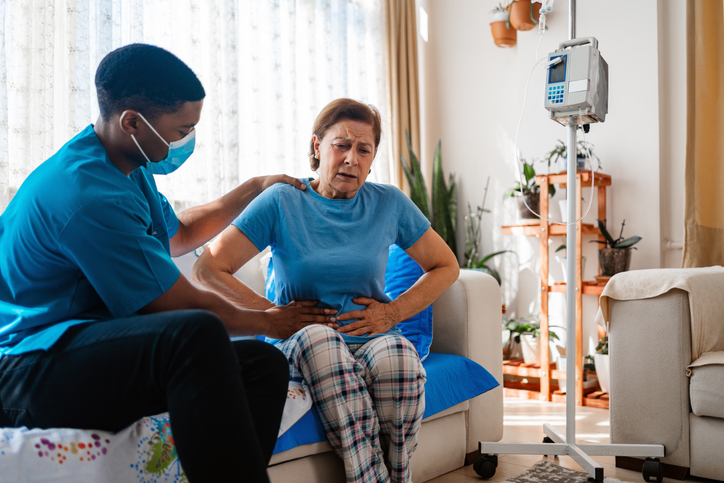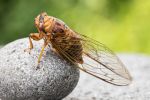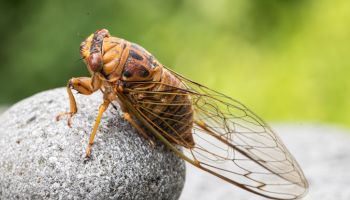
Source: Phynart Studio / Getty
You, or someone you know, has probably had their gallbladder removed. This is a topic that makes Holly Haze fired up and she will tell you why….but let’s start with this: Consult your physician if you are experiencing discomfort.
A cholecystectomy is one of the most common surgeries in the United States. Holly shares, “Sadly, hospitals are a business and HAVE to meet surgical quotas, like sales quotas, but surgeries. Let me also say, and this is important, there isn’t a part of our body that doesn’t serve a purpose. Read. That. Again. EVERY organ has a function. This goes for the gallbladder, too.”
The gallbladder is a small organ, about the size of a chicken egg, behind your liver on the upper right side of your abdomen. The liver has many functions, one of them is producing bile. Bile is an emulsifier, which helps break down fatty acids. Holly explains, “Any fat that is ingested is broken down to its fundamental components with the aid of bile. Bile helps section off components of fat to make the digestion process easier. Fun fact: the broken down fats are then absorbed by your lymphatic system, not your venous system, so it goes in your lymphatics, not your blood. Lymphatic drainage dumps all your fat into the venous system right before it reaches the heart. This breakdown is important. The function of the gallbladder is to store the continuous production of bile.” If you have a meal with high amounts of fats (not just bad fats, any fats), the food then gets into your stomach and is broken down and squirted in to your small intestine. That is when the body releases enzymes that breakdown that material and the enzymes that are released are determined by the composition of that meal. (rabbit hole: this is why we have different enzymes for different macromolecules) So when the fatty meal enters the small intestine, the gallbladder gets a signal and sends the bile to the small intestine and helps break down the fats from the meal.”
If you have no gallbladder, you don’t have the backfill of bile. So what happens when you eat a fatty meal? Holly continues, “If you have no gallbladder, the body relies on the liver, which continuously produces bile. This is why you CAN live without a gallbladder per se, but then you are solely relying on the production of bile from the liver. The liver is already busy doing liver stuff….like blood detoxification. The gallbladder acts as a balloon that squirts out the bile when fat is detected, so without it, the liver does all the work with less efficient of a breakdown. Imagine having fatty foods, fried foods and a soda and dairy without giving the gallbladder (the size of a chicken egg with a really small hairpin turn) no time to break it all down and then feeding it more…it simply can’t handle it. That is why we have to eat certain foods in moderation. Reminder: the body is SUPER smart. It WANTS to perform well for you, but you must fuel it well for that to happen.”
Obviously trust your physician and discuss ALL your symptoms with them. If you have an infection or symptoms have progressed without treatment or dietary changes, and you are at risk for it rupturing (remember, it acts like a balloon and what happens when we fill a balloon to full?), then surgery might be the only option. Holly adds, “I have helped 3 friends avoid this surgery, so I KNOW it is possible, but talk about your symptoms with your doctor and ask all the questions because you can’t put it back in”.
Take aways from Holly: “The symptoms that are giving you gallbladder attacks are most likely diet related and quite possibly then reversible. Cut back on fatty foods, acidic foods, dairy, and fried foods. Keep in mind, if you get this organ removed, there are many foods you will have to avoid. So change your diet now, or change it after. Personally, I would rather change it BEFORE removing an organ.”
















